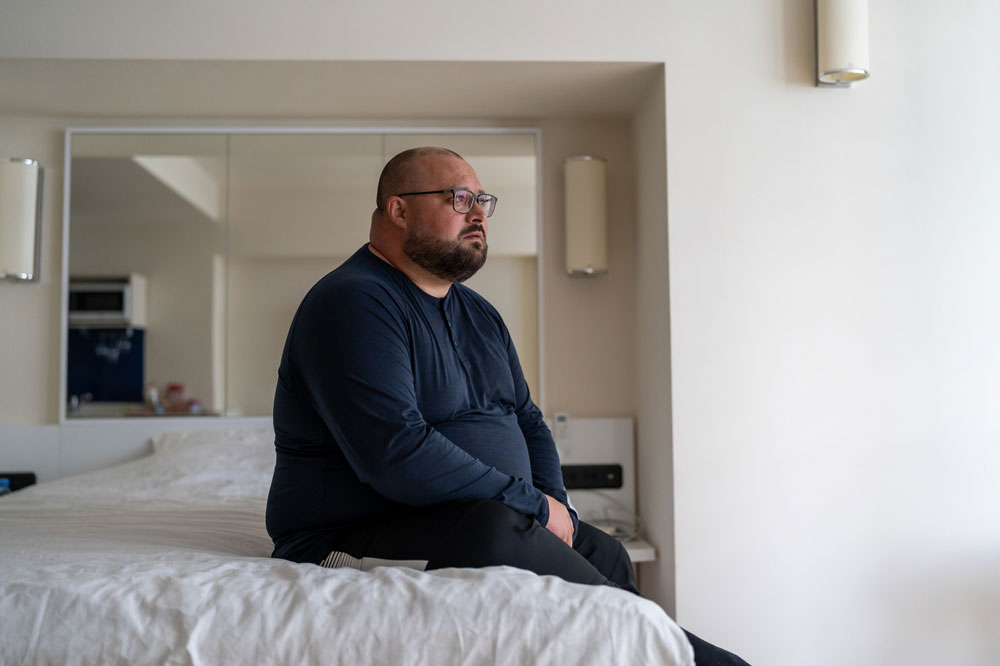Situational depression, also known as adjustment disorder with depressed mood, arises as a direct response to a traumatic or stressful life event. Unlike clinical depression, situational depression relates to specific circumstances and is generally short-term. However, its impact on your emotional well-being can be significant. Understanding situational depression is the first step in learning to manage its symptoms.
What Causes Situational Depression?
Situational depression’s defining characteristic is its connection to a particular stressor, often leading to a struggle to adjust to the new reality. Common triggers include:
- Job loss
- Death of a loved one
- Challenges at work or school
- Receiving a chronic health diagnosis
- Ending a significant relationship
Situational Depression vs. Major Depressive Disorder
While situational and clinical depression share symptoms like sadness, apathy, disrupted sleep, and a loss of pleasure in daily activities, there are differences.
- Onset and duration: Situational depression typically follows soon after the triggering event and is usually short-term.
- Severity: The mood changes associated with situational depression are less disruptive than major depressive disorder.
- Associated features: Clinical depression may include thoughts of self-harm, suicide, or even psychotic symptoms, which are rare in situational depression.
Situational Depression Symptoms
Hallmarks of situational depression can include:
- Apathy or lethargy
- Loss of enthusiasm for life
- Sleep disturbances
- Feelings of hopelessness or guilt
- Difficulty concentrating
- Lack of pleasure in previously enjoyed activities
Strategies to Overcome Situational Depression
While situational depression may resolve as you adjust to life changes, proactive steps can facilitate this process.
- Join a support group: Sharing your experiences with others who understand can provide comfort and perspective.
- Do volunteer work: Engaging with a cause you care about can enhance your sense of purpose and fulfillment.
- Connect with loved ones: Spending time with friends and family offers emotional support and strengthens your support network.
- See a therapist: Professional counseling can be instrumental in identifying and changing maladaptive coping mechanisms and thought patterns.
- Care for animals: Spending time with pets is a proven way to boost your well-being.
- Eat a balanced diet: Incorporating foods known for their mood-boosting properties can improve your mental well-being.
Amend Wellness: Your Partner in Healing
At Amend Wellness, we understand the unique challenges posed by situational depression. Our retreat is here to guide you through bumps in the road, helping you regain your balance and joy in life. Your restorative stay with us begins with stabilization and includes evidence-based therapies, integrative healing amenities, health assessments, neurofeedback and more.
While situational depression can be distressing, this mental health condition is not permanent. Contact us to learn more about how you can make it through this challenging time and emerge with renewed strength and resilience.


